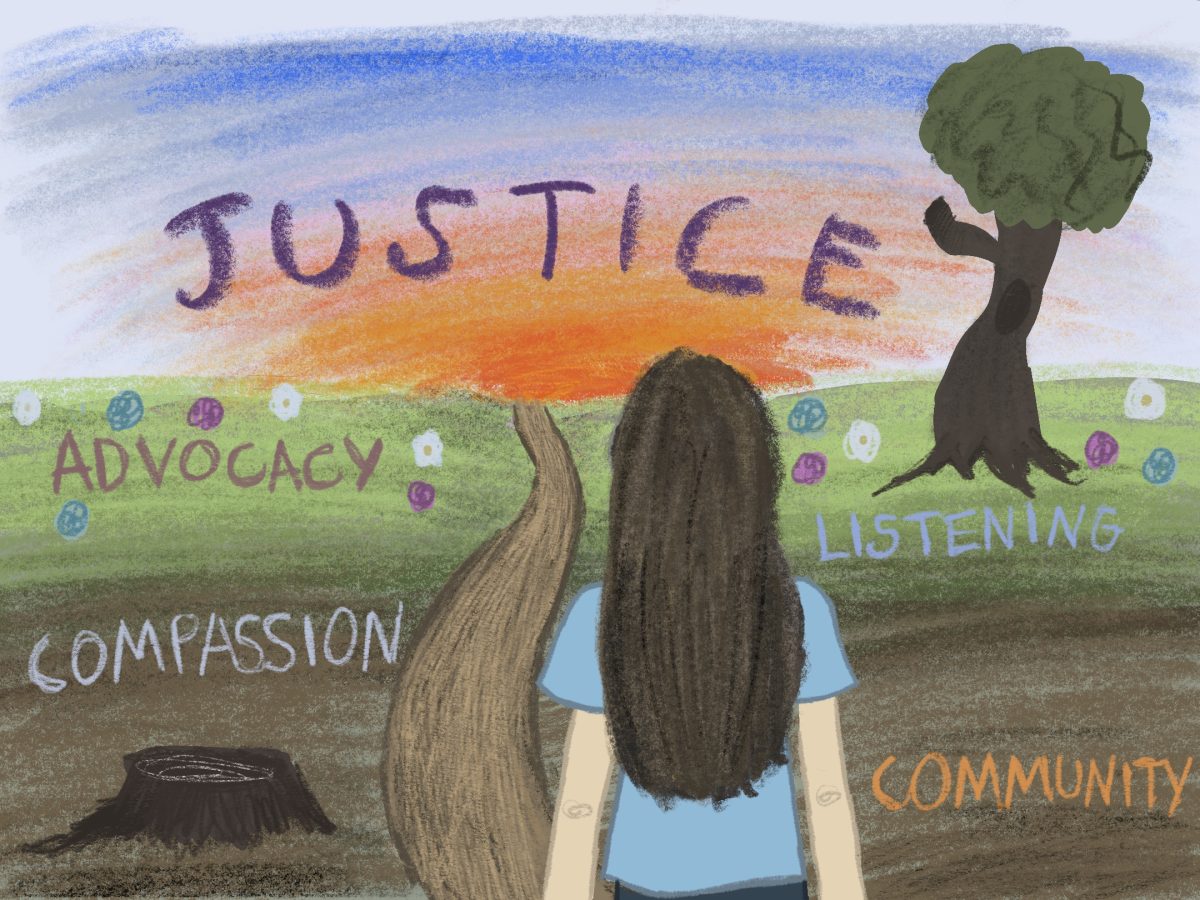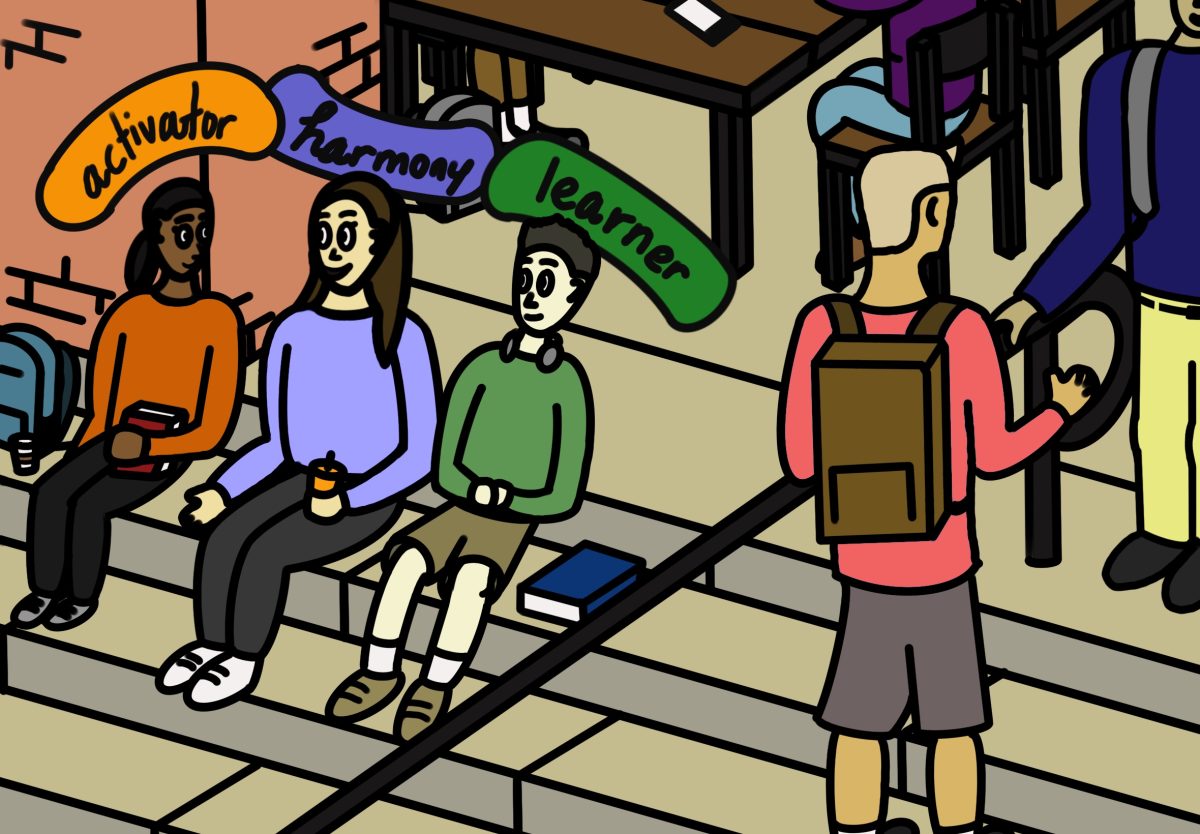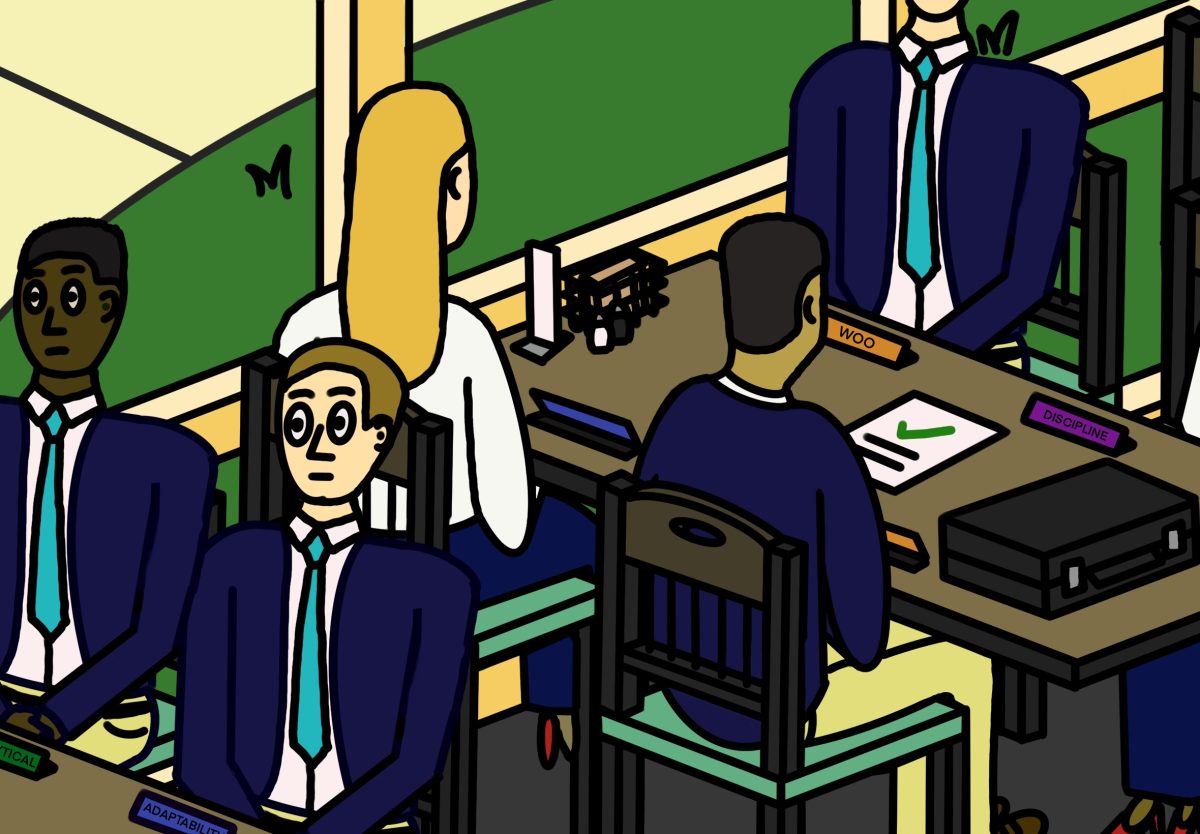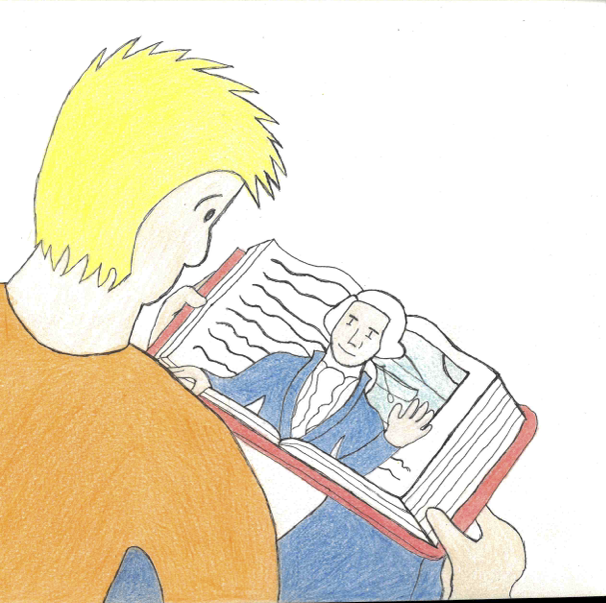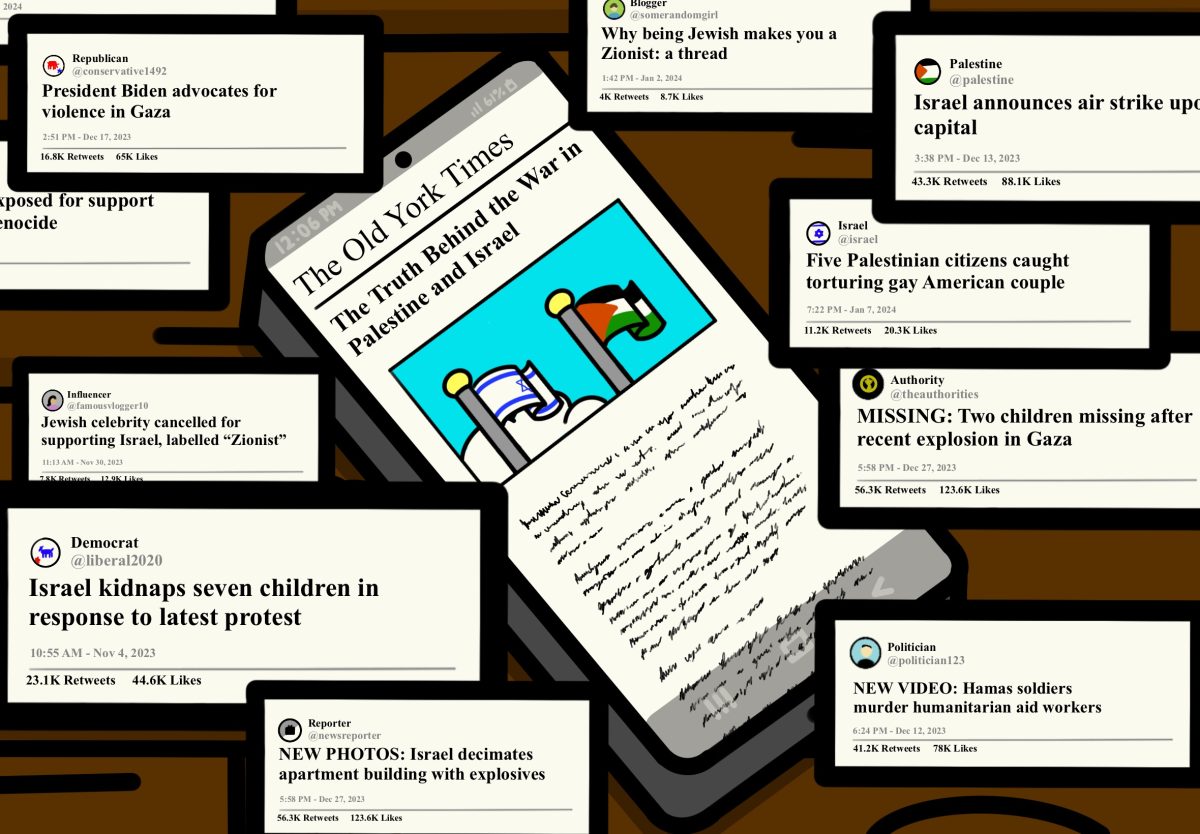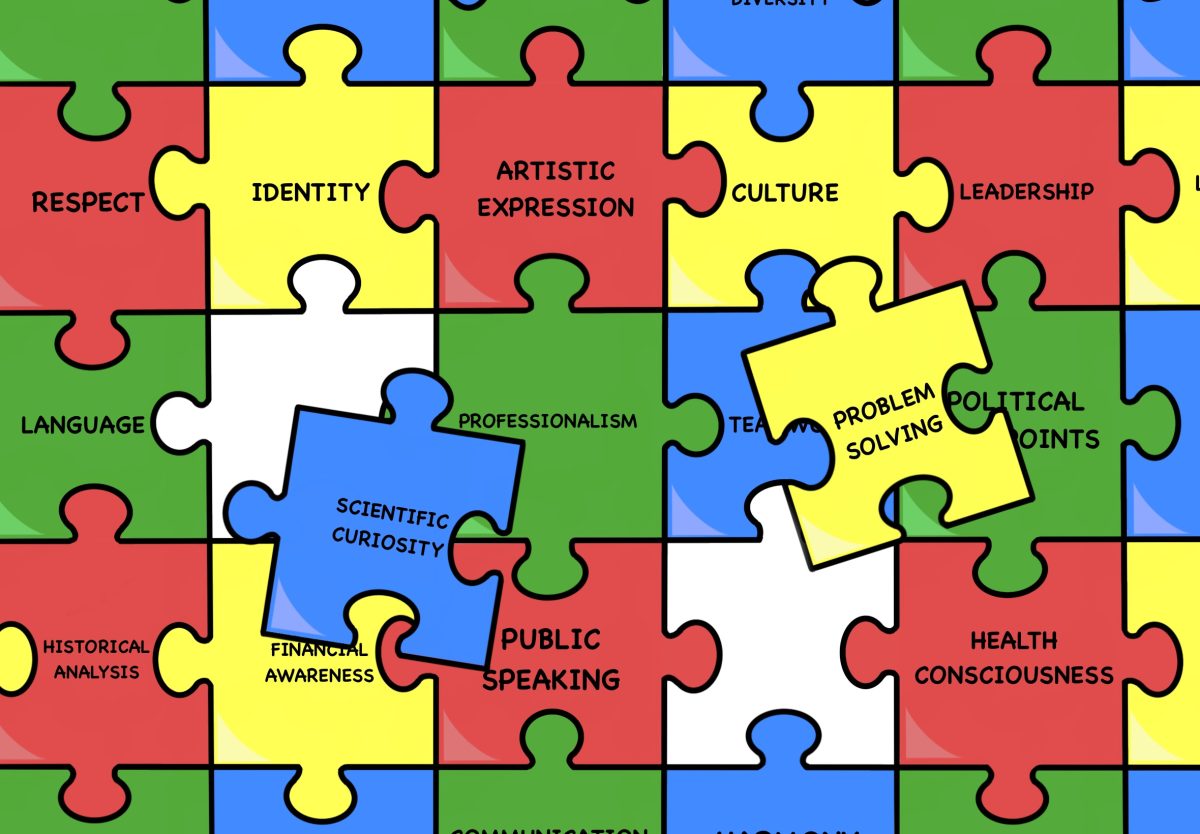By Andrew Teye, Staff Writer

I spent most of my childhood in Damascus, Syria, a place of rich culture, friendly and outgoing people and amazing food with a wide array of endemic Arabian spices. Damascus was a vibrant city of great historical value — it is the oldest inhabited city in the world — within a country of environmental beauty and religious co-existence. Sadly, these are not the descriptors often used for Syria. Instead the words “war” and “refugee crises” have become natural parts of the global discourse on Syria. It saddens me to always see people react with surprise, apprehension and disgust when I say that I was raised in Syria. Its cultural capital and value to world history is slowly being forgotten.
The war many people are familiar with is extremely complex, as it is a mesh of regional, national and international political actors. The term “civil war” truly is no longer an appropriate label for this multifaceted conflict. Furthermore, a singular narrative with mutually exclusive binary oppositions is not enough to describe the situation. When one takes a more nuanced look at the conflict, one will realize that both “sides” have actually caused harm and are being harmed. Moreover, when onlookers are constantly exposed to tragic events, the apathy effect occurs. We can only digest a certain amount of sadness and despair in the news before we become desensitized to recurring news about tragedies facing Syria. We begin to perceive them as a natural part of global dynamics and a habitual event in “other” countries, especially if they do not directly impact us. This is a mentality that we all encompass and are mostly unaware of, as news organizations continue to sensationalize negative news over good news. I would therefore urge all consumers of global news not to become apathetic in the face of tragedy, but to always sympathize with the devastating realities of others.
I am very grateful that Furman hosted the informative and balanced “Refugee Crisis: Local and Global Responses” CLP series, which featured very critical perspectives, especially of those affected by tragedies such as the Syrian War. Global news outlets often fail to highlight the local realities of the people their stories cover and thus neglect critical, powerful and authentic voices. Moreover, the increasing humanitarian aid and positive grassroots developments by Syrians themselves never find their way to global headlines. Syrian agency is rarely considered, allowing those of us outside of the conflict to write their narrative ourselves, which is one of helplessness and misery.
This message is for consumers of global news and to those who are generally ignorant of global affairs: I encourage you not to generalize situations in foreign places, and more specifically, to not perceive global news as reflective of the qualities of different races, cultures, countries and ideologies. Entertaining such generic rhetoric will only allow for prejudicial thought, and thus further perpetuate ignorance. This ignorance and misunderstanding of the war does not only exist in the U.S., but is also practiced by audiences in other countries, arguably because U.S. reportage of events is widely used globally. However, the difference is that the U.S. acts on its ignorance due to its tendency to meddle in foreign affairs. This can be extremely problematic. Believe it or not, news does impact foreign policy and the way governments react to foreign situations. We must therefore appreciate the nuances of the war and steer away from the simplistic “bad versus good” narrative. Moreover, let us not use the war to generalize foreign complexities because the Syria I knew was, and still is, more than the war we see on our television screens.


























